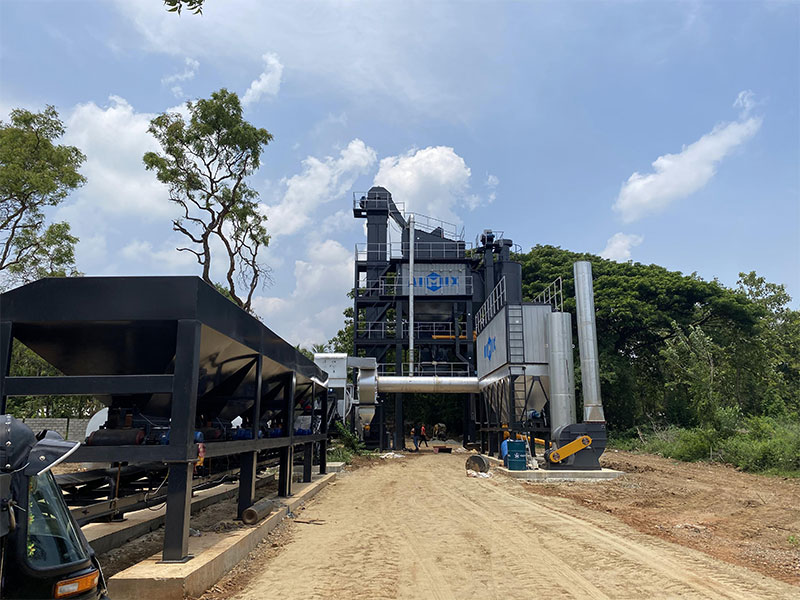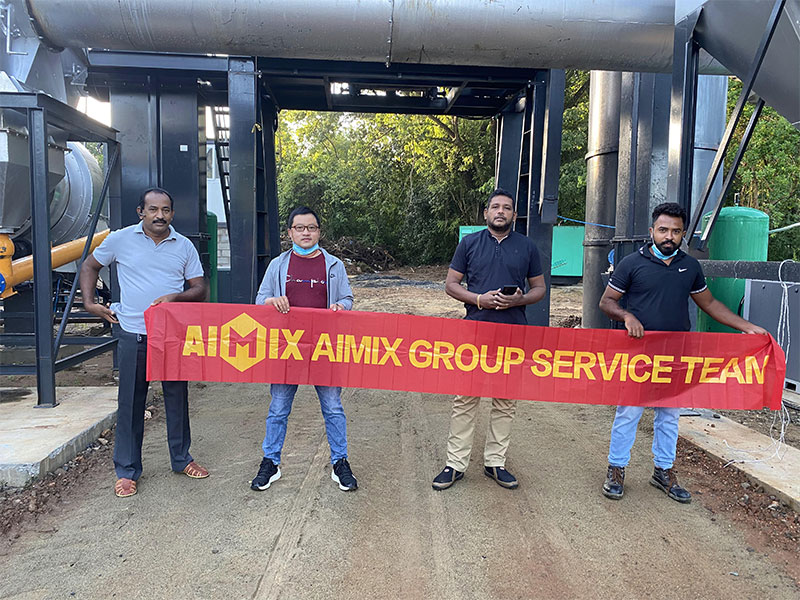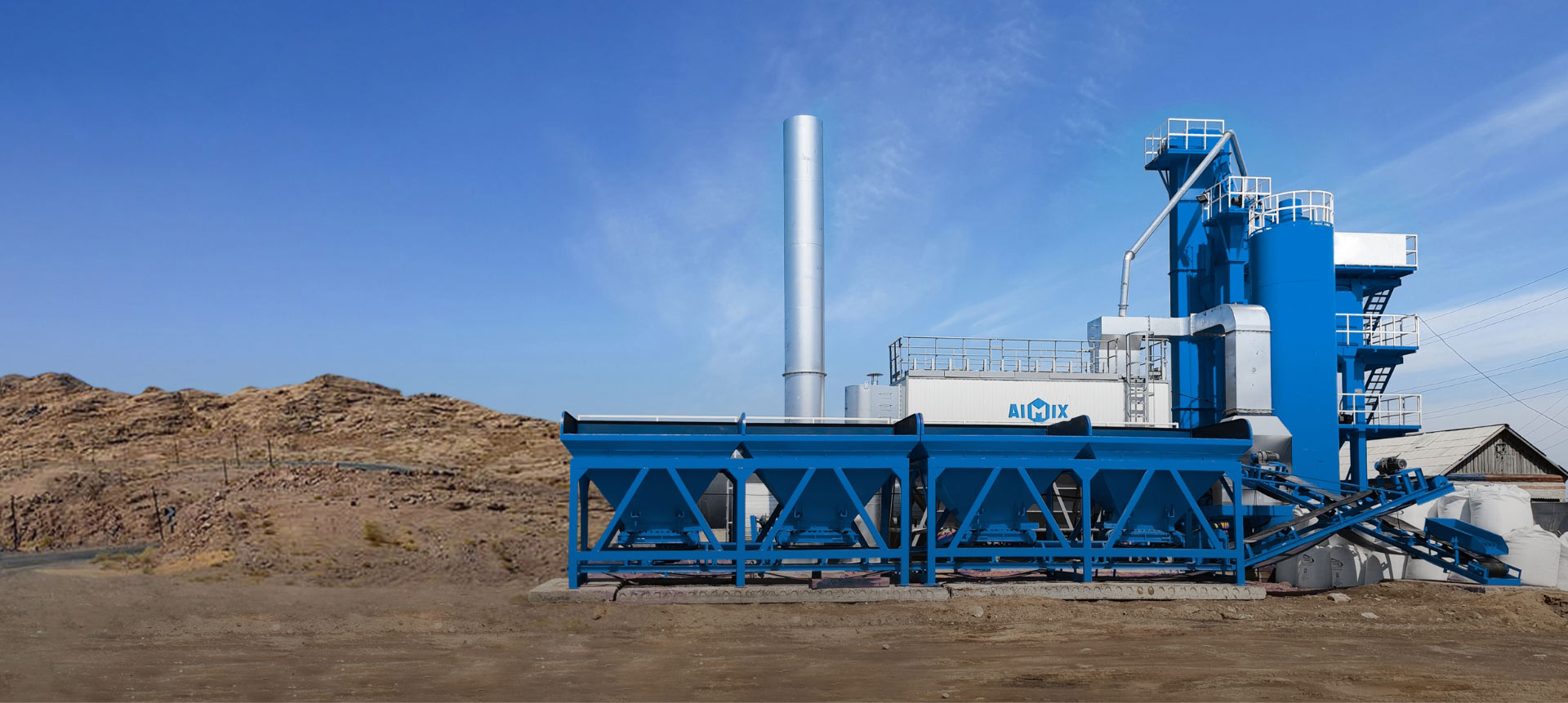Asphalt mixing plants play a crucial role in road construction and infrastructure development, providing the essential material for road surfaces. However, the operation of these plants can lead to various environmental challenges due to the emission of dust, volatile organic compounds (VOCs), and other pollutants. To mitigate the adverse impacts on air and water quality, it is imperative for asphalt mixing plant operators to implement robust pollution control measures. In this article, we will explore 850 words on how to control pollution discharge in an asphalt mixing plant to ensure a sustainable and environmentally responsible operation.
Site Selection and Layout
The first step in controlling pollution discharge in an aspal mixing plant indonesia is thoughtful site selection and layout planning. Choose a location that is away from residential areas, sensitive ecosystems, and water bodies. A well-planned layout can prevent the spread of pollutants, ensuring minimal impact on the surrounding environment. Proper zoning and buffer areas can also help to mitigate noise pollution and other disturbances to the community.

Enclosure and Covers
To minimize airborne dust and particulate matter, enclosing the asphalt mixing plant and covering material handling areas is essential. An enclosed plant prevents the dispersal of dust and VOCs into the atmosphere. Consider using high-quality materials for the enclosure to ensure its durability and effectiveness. Additionally, covering stockpiles and loading areas will further limit the release of pollutants, protecting both air and water quality.
Dust Control Measures
Dust control is a primary concern in harga asphalt mixing plant. Implementing effective measures like baghouse filters or wet scrubbers can significantly reduce airborne particulates. Baghouse filters capture fine dust particles, while wet scrubbers use water to trap pollutants, preventing them from escaping into the air. Regular maintenance and monitoring of these systems are crucial to their optimal functioning and pollution control effectiveness.
Minimizing Fugitive Emissions
Fugitive emissions can contribute significantly to pollution discharge in asphalt mixing plants. To reduce these emissions, focus on controlling material transfer processes. Use closed systems and transfer equipment to minimize the release of pollutants during material handling. Regular inspections and maintenance of transfer points will help identify and address potential sources of fugitive emissions.

Proper Storage and Handling
Proper storage and handling of raw materials and finished products are essential pollution control measures. Leaks and spills can lead to environmental contamination. Ensure that storage facilities are designed to prevent spillage, and use automated systems to minimize manual handling. Implement spill containment measures to quickly address any accidental releases and prevent them from reaching water bodies or surrounding areas.
Green Energy Usage
Asphalt mixing plants are energy-intensive operations. Embrace sustainable practices by exploring the use of green energy sources, such as solar power or biofuels, to reduce carbon emissions. Adopting renewable energy not only minimizes the environmental impact but also contributes to long-term cost savings.
Additives for Pollution Reduction
Consider incorporating additives in the asphalt production process to reduce pollutant emissions. Certain additives can improve the mixing process, leading to lower temperatures during production, which in turn decreases the emission of harmful gases. Moreover, these additives can enhance the durability and quality of the asphalt, making it a win-win solution for both the environment and road performance.
Compliance with Regulations
Compliance with environmental regulations is non-negotiable for asphalt mixing plants. Stay up-to-date with local, regional, and national regulations pertaining to air and water quality, emissions, and waste management. Establish a comprehensive monitoring and reporting system to ensure that the amp aspal mixing plant mini operates within legal limits and promptly addresses any deviations.
Community Engagement
Engaging with the local community is vital to address concerns and build trust. Transparently communicate pollution control efforts, involve the community in discussions about environmental impact, and consider their feedback in decision-making processes.
Conclusion
In conclusion, controlling pollution discharge in a pabrik aspal bergerak dijual is essential for sustainable development and environmental protection. By adhering to best practices, adopting advanced technologies, and complying with regulations, asphalt mixing plant operators can significantly reduce their environmental footprint and contribute to a greener future.
